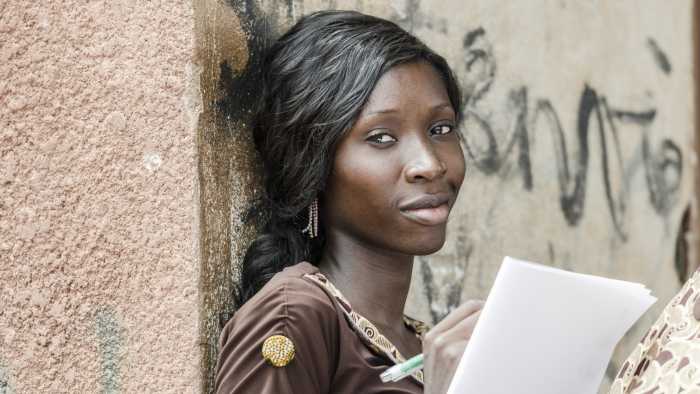
It all began with a vision of financial inclusion in Africa
History of responsAbility
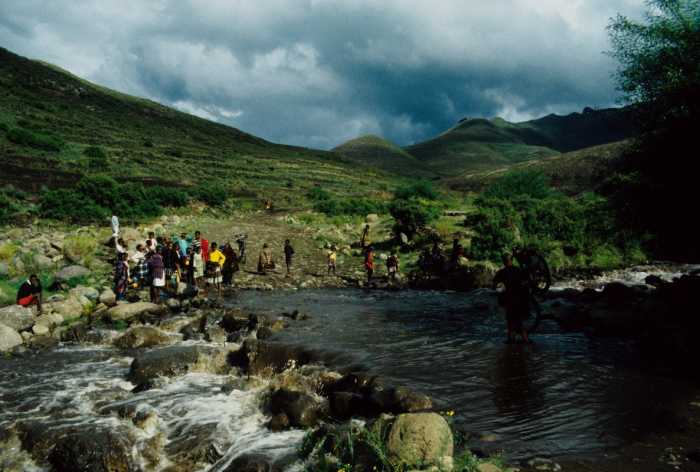
In 2001, three men joined forces in Switzerland, all bolstered by the belief that finance should be a force for good: Leo Baechler, a sustainability expert; Armin Villiger, an economic consultant with microfinance experience; and Klaus Tischhauser, an investment banking professional. Armin and Leo had traveled together through Tanzania and seen the inspiring possibilities of microfinance. Klaus had just returned from a 2-year cycling trip from Zurich to Cape Town and was hungry to take the lessons he learned from his twenty-country trip and put them into action.
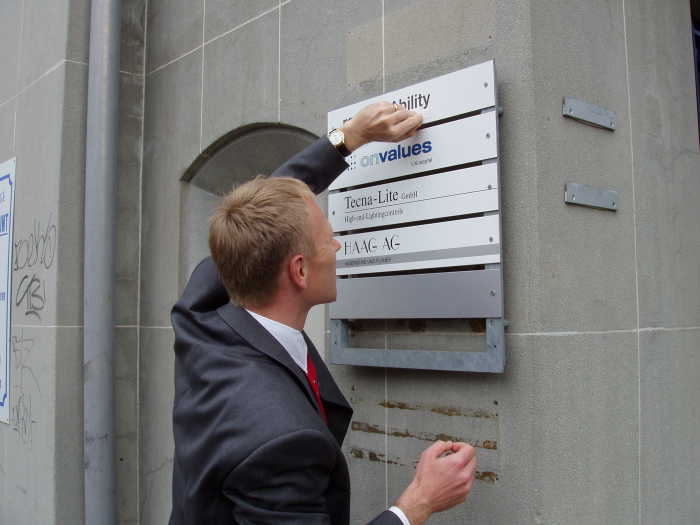
In April of 2003, responsAbility was founded with a mission to empower the developing world through microfinance. And after only 5 years with Klaus Tischhauser as CEO, the company’s success was clear, with USD 705 million assets under management invested in 216 companies in 48 countries.

responsAbility flourished with strong commitments from various important players in the Swiss financial services industry. And at that point, the firm recognized the need, given the nature of its investments, to be locally embedded. So over the next years, responsAbility opened offices in Lima, Nairobi, Mumbai, Paris, Oslo, Bangkok, and Tbilisi.
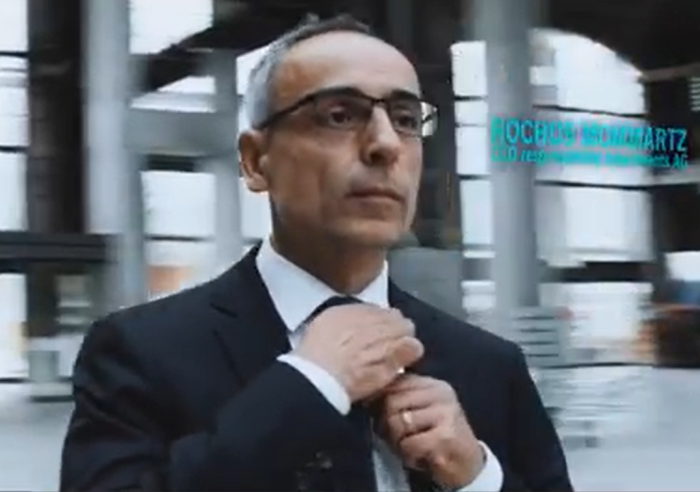
In 2016, Rochus Mommartz, who had held various roles within the company since its inception, took over the role of CEO from Klaus. While the company had been investing beyond financial inclusion for sometime, he solidified the goal to address the most pressing issues of our time by structuring the company into three investment themes: Climate Finance, Financial Inclusion and Sustainable Food.
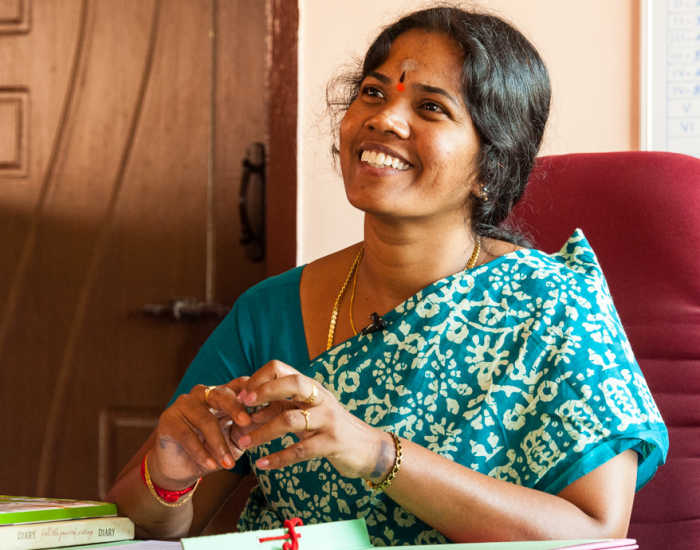
Now, responsAbility continues to innovate with securitizations that make impact investing accessible to the capital markets, blended finance instruments that align risk profiles with the needs of public and private investors alike, equity investments into the valuable leapfrog effect of fintech in emerging markets and into sustainable food production that is crucial to health and waste-reduction, and access to clean energy funds that are unrivalled in the industry.
